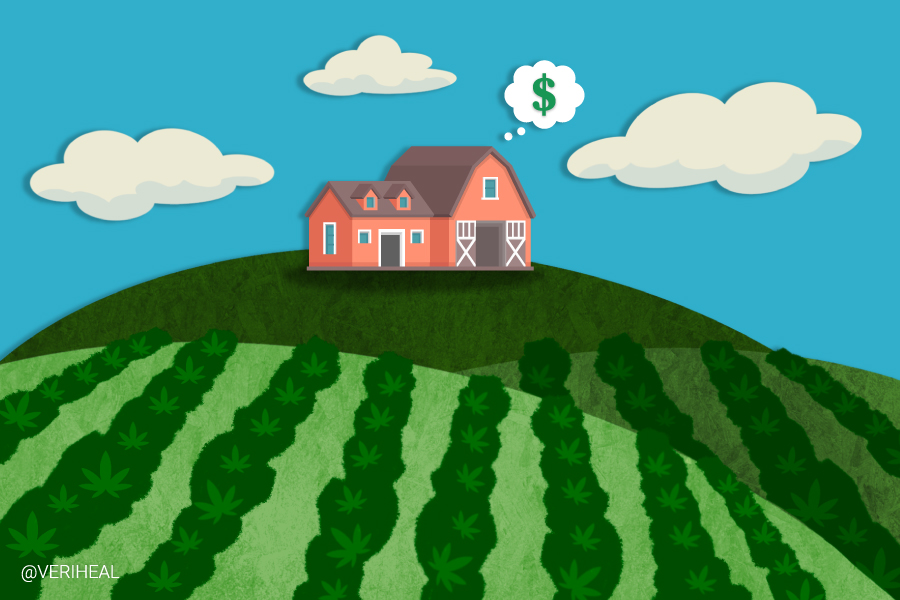When it comes to cannabis, Maine is one of the more progressive states in the country. In 1976, Maine became only the third state to decriminalize possession of small amounts of cannabis. This was an important step, as it always is because it disrupted the terrible impact of the War on Drugs. Decriminalization meant that even though cannabis hadn’t been legalized in Maine, possession of a small amount of the substance would be handled with a fine rather than an arrest that could ultimately prove life-ruining. In 1999, Maine continued to set the pace for forward-thinking states by legalizing medical cannabis. Legalizing medical cannabis allowed Maine doctors to give recommendations for cannabis to their patients. It also meant that, for the first time, Maine residents were able to grow their own cannabis plants. For the first time, Cannabis was being produced legally within the state of Maine. Then, in 2016, Maine passed the Marijuana Legalization Act, a piece of legislation that legalized cannabis for both recreational use and retail sale. Not only did this act lift some of the restrictions on who could grow cannabis personally, but it also provided for the growth of cannabis to expand dramatically as a business enterprise. As the cannabis industry found a foothold in Maine, more and more growers emerged to produce cannabis plants of their own. And now, almost five years later, Maine can point to cannabis as the most profitable crop in the state.
Medical Cannabis Sweeps the Market
In fact, medical cannabis on its own is responsible for the massive sales that have displaced potatoes as Maine’s number one crop. Recreational cannabis isn’t even included in the numbers. That’s because recreational cannabis sales in Maine didn’t begin until October of 2020. It’s common for states to experience a delay between the legalization of cannabis and the actual rollout of a cannabis market that makes the substance available for purchase. In Maine’s case, that process took even longer than it might have otherwise because of the complicating effects of COVID-19.
Why You Should Get Your Medical Marijuana Card
Veriheal has satisfied millions of patients nationwide by giving them access to these benefits
- Larger purchase limits
- Peace of mind
- Enhanced legal protection
- Access to higher potency strains
- Save up to 25% on cannabis purchases
- Skip the line at the dispensary
But the medical cannabis market was solidly on its feet last year, and the numbers tell a story that can’t be argued with. Medical cannabis sales surpassed $221.8 million last year, beating out not only potatoes but also milk, hay, and blueberries—other crops that have historically performed well in Maine and that took a backseat to the success of cannabis in 2020.
Why Is Cannabis So Successful?
In looking at the past year, the effects of the pandemic are stark. There are some things that American’s aren’t buying right now, but there are other things that we’re purchasing in as great a quantity as we ever have. Economists observe that cannabis is one of those things that just isn’t touched by a global pandemic. We as a people want it as much as we ever have.
But we still want our potatoes too, so why is cannabis doing so well by comparison? The answer may simply be that people are recognizing the effects of cannabis and business is booming. And Maine officials have recently approved new rules that allow for program reciprocity and give physicians the freedom to recommend cannabis for any medical condition they see fit—two factors that are almost certainly accounting for some of the increase in sales. Other states may look to Maine as an example of what a strong cannabis program can do for their economy, even during challenging times like these.
Author, Share & Comments
















